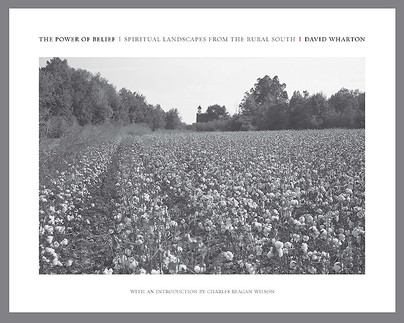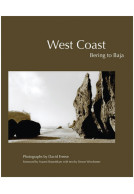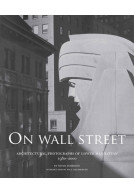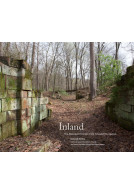The Power of Belief (Hardback)
Spiritual Landscapes of the Rural South
Imprint: George F. Thompson
Pages: 176
Illustrations: duotone photographs by the author
ISBN: 9781938086397
Published: 21st October 2016
Pages: 176
Illustrations: duotone photographs by the author
ISBN: 9781938086397
Published: 21st October 2016
You'll be £37.00 closer to your next £10.00 credit when you purchase The Power of Belief. What's this?
+£4.99 UK Delivery or free UK delivery if order is over £40
(click here for international delivery rates)
Need a currency converter? Check XE.com for live rates
(click here for international delivery rates)
Need a currency converter? Check XE.com for live rates
Winner of the 2017 Mississippi Institute of Arts and Literature award for photography.The rural American South has no grand cathedrals or other wonder-of-the-world monuments to religious belief. Nor has it ever been the site of religious wars or large-scale religious persecutions we see throughout the world. Nevertheless, as David Wharton reveals in his remarkable new book of photographs, the rural South is a place—a land, a region, a culture, a "way of life"—so heavily invested in religious belief that the spiritual is constantly made manifest in the ordinary. This is how religion becomes pervasive and integral to everyday life in the South for believers and nonbelievers alike.Just as David Wharton did for his pioneering book, Small Town South, he has traveled throughout the entire South since 1999, on hundreds of trips, making thousands upon thousands of photographs about the region's spiritual landscapes—from churches both active and abandoned in all vernacular shapes and sizes to actual church services and outdoor baptisms, from iconographic signs about Jesus and redemption and sin to welcoming gestures about the wonders of revivals and of grace and compassion. Lurking behind every image, however, is a sense of place about this most distinctive American region, in which religious commitment is confined neither to Sundays nor to individual houses of worship. Religion in the rural South is, quite literally, everywhere.It is Wharton's unique gift that his photographs have meaning and memory beyond merely recording the physical appearance of spiritual sites and worship activities. The people and places that appear in The Power of Belief are seen not to be a product of recent changes in religious life seen elsewhere in urban and suburban America but, instead, as an ongoing living tradition that dates back far into the history and culture of the rural South.
Other titles in George F. Thompson...















